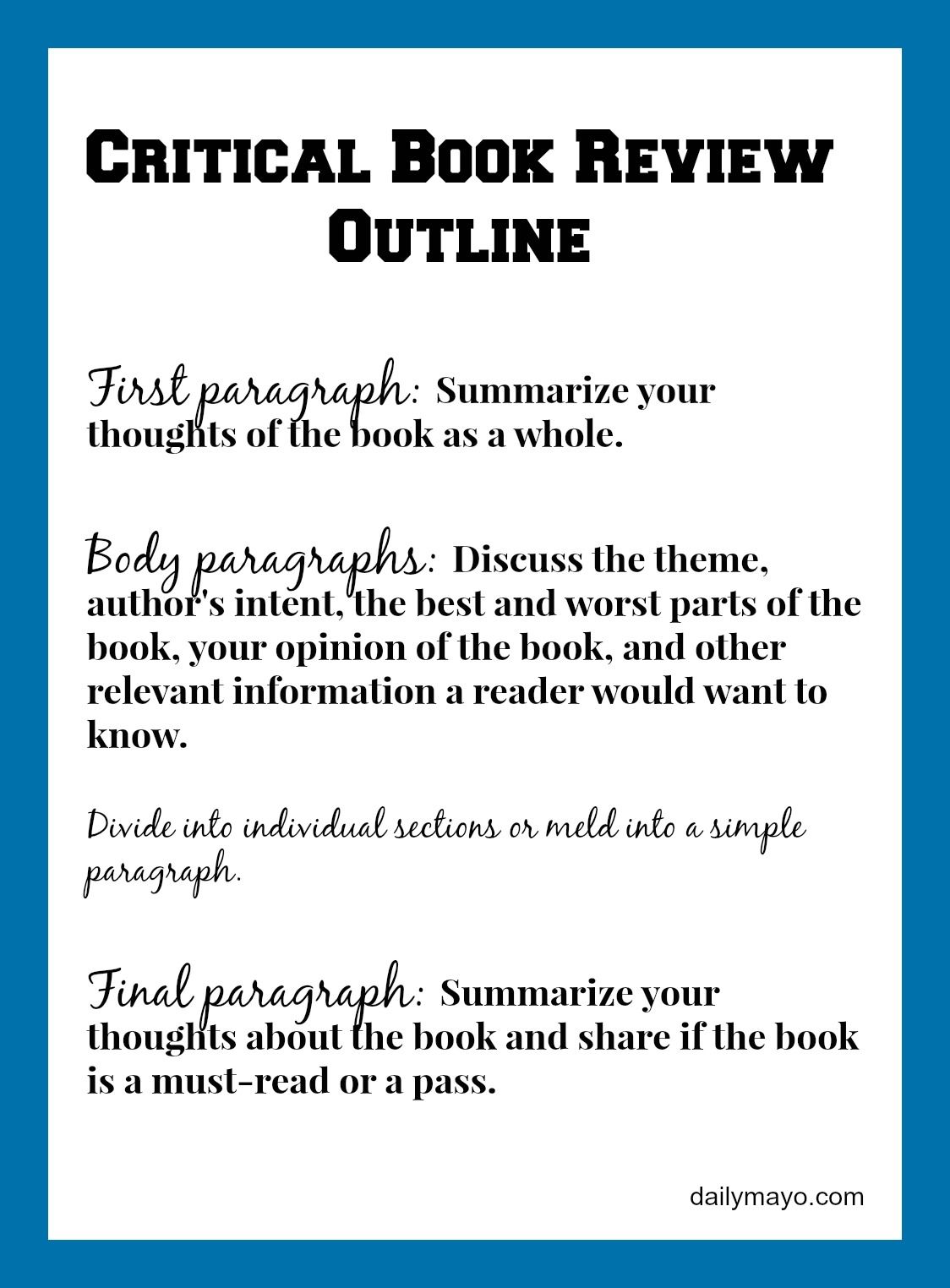Title: "The Great Gatsby" by F. Scott Fitzgerald
The Great Gatsby is considered a classic piece of American literature, but upon closer examination, it falls short of its lofty reputation. While Fitzgerald's prose is undeniably beautiful and his depiction of the Jazz Age is vivid, the characters and plot are ultimately shallow and unconvincing.
The novel revolves around the enigmatic Jay Gatsby, a wealthy and mysterious man who throws extravagant parties in the hopes of winning back his lost love, Daisy Buchanan. However, Gatsby's obsession with Daisy feels contrived and unrealistic, as their relationship lacks depth and emotional resonance. Daisy herself comes across as a shallow and self-absorbed character, making it difficult for readers to care about her fate.
Furthermore, the novel's portrayal of the American Dream as an unattainable and ultimately hollow pursuit feels heavy-handed and clichéd. The characters' relentless pursuit of wealth and status leads to their downfall, but Fitzgerald fails to offer any meaningful commentary on the emptiness of materialism and the shallowness of the society he depicts.
In conclusion, while The Great Gatsby is certainly a beautifully written and visually stunning novel, its lack of depth and substance ultimately undermine its status as a literary masterpiece. Fitzgerald's exploration of the American Dream falls short of the mark, leaving readers with a sense of disappointment and unfulfilled potential.

